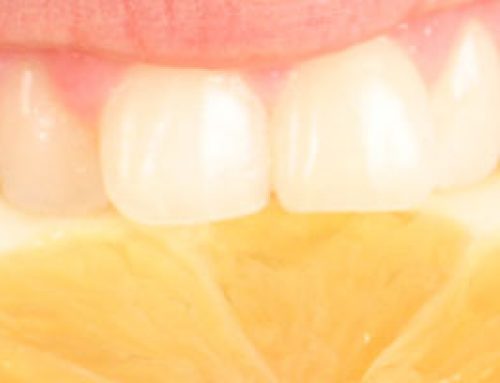One of the goals at our Houston cosmetic dentistry office is to provide treatment that is not only effective, but also preserves as much of a natural smile as possible. In many instances, tooth decay and damage can be treated with a filling or similarly minor restoration, leaving a majority of tooth tissue untouched. But when a tooth is suffering from extensive damage, its entire health may be compromised. Our goal is then to preserve the tooth itself, saving patients from the possibility of extraction and replacement.
When teeth have been severely weakened for any reason, dental crowns may be the only way to fully restore them. Through the use of porcelain as a dental material, crowns benefit from advanced durability and aesthetics, making them an optimal way to protect both the individual tooth and your smile.
Uses for Porcelain Crowns
Teeth can become weakened from a variety of sources, making dental crowns particularly versatile in their usage. While crowns are most often used in conjunction with treatment for tooth decay, they may be recommended for any of the following problems:
- Major tooth decay: When most of a tooth has been infected by decay, a filling may not be able to hold it intact. A crown therefore becomes necessary to both restore lost tissue and protect remaining tissue.
- Root canal therapy: After root canal treatment, a tooth is left vulnerable for multiple reasons. In addition to the amount of hard tissues removed, the dental pulp is also removed from the roots, which greatly reduces the tooth’s strength. A dental crown is almost always necessary after root canal therapy.
- Large chips and cracks: A tooth that has suffered significant physical damage is likely to suffer additional damage, whether from future trauma or decay. A porcelain crown may be the only way to reliably restore the tooth’s structure and appearance.
- Erosion: Enamel may become eroded from teeth grinding, food and drink, or conditions such as acid reflux. If a significant portion of enamel is eroded, crowns may be necessary to protect the underlying dentin tissue.
- Cosmetic problems: Teeth that are undersized, misshapen, or severely discolored are not always fixable through cosmetic options such as dental bonding or porcelain veneers. By covering teeth, porcelain crowns can create a new appearance that is virtually indistinguishable from natural tooth tissue.
In addition to their individual uses, porcelain crowns are also used in tandem with larger restorations. Dental bridges commonly employ crowns as a method of support, while dental implants are covered by crowns to complete the replacement process.
Why Porcelain?
As a restorative dental material, porcelain is most often the best choice. Its longevity is typically equal to that of metal amalgam, while its cosmetic qualities are superior to any other option. On average, a porcelain crown can last 15 years before needing to be replaced, but it has the potential to last much longer. With the right hygienic and preventative care, your crowns can go decades without incurring any noticeable damage or blemishes.
Cosmetically, porcelain is nearly identical to enamel. Its surface has similar textural qualities, such as being translucent and light-reflective, that are not found in other tooth-colored materials. Moreover, porcelain can be precisely matched to nearly any individual shade, allowing it to remain inconspicuous with the rest of a smile. This color is further preserved by the stain resistance of porcelain; whereas composite resin and enamel are both prone to discoloration, porcelain is far more likely to retain its color over time.
Instant Porcelain Crowns with CEREC
Traditionally, patients must schedule two appointments for crowns: one for teeth to be prepared and impressions taken, and a second appointment to actually receive the crowns. However, with our in-office CEREC technology, you can gain all the benefits of porcelain crowns after a single visit. Within a couple of hours, your teeth can be prepared, scanned with a digital intraoral camera, and restored with permanent crowns that are crafted on the spot. This eliminates the need for patients to wear temporary crowns while waiting for an outside lab to craft and deliver the permanent ones. Plus, any necessary modifications can be made in our office as well, ensuring that every crown is a perfect fit.
Do You Require Dental Crowns?
If you require dental crowns or any other restorative dental service, our office is eager to provide the appropriate treatment. Schedule your next appointment with us for a professional cleaning and exam, or to consult Dr. Sutherland on any necessary restorations.






